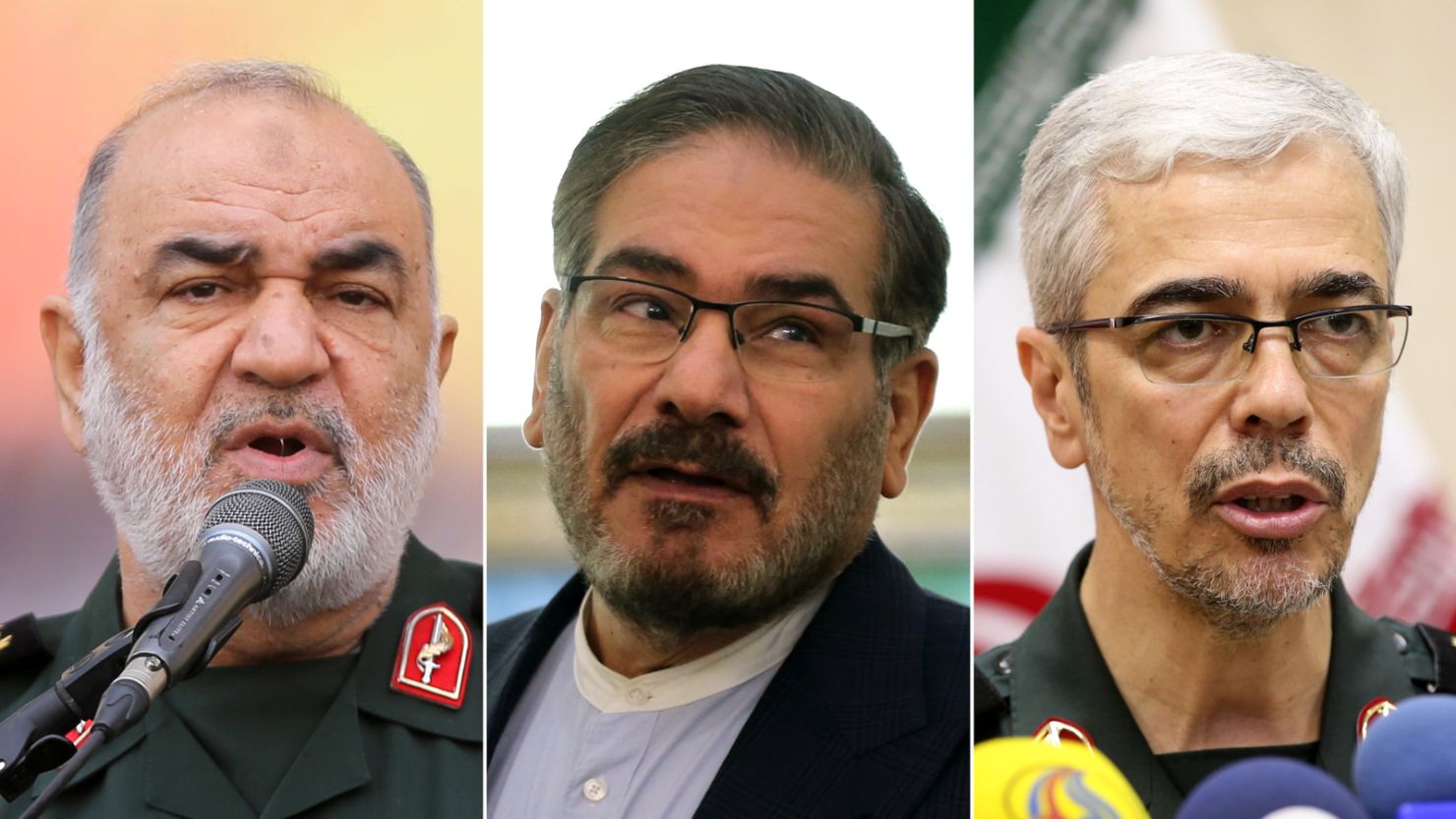In a sweeping display of military force, Israel launched “Operation Rising Lion” against Iran in the early hours of June 13, 2025, achieving its aim of eliminating several key figures in Iran’s armed forces and nuclear program. The Israel Defense Forces reported the deaths of Major General Mohammad Bagheri, chief of staff of Iran’s Armed Forces, and General Hossein Salami, commander of the Islamic Revolutionary Guard Corps, along with six scientists tied to Iran’s nuclear work, all hit in a coordinated effort that used more than two hundred fighter jets against some one hundred targets across the country.
According to official statements, the operation began just before dawn when Israeli jets crossed into Iranian airspace, striking Iran’s main uranium enrichment site at Natanz and critical missile production facilities at Khondab and Khorramabad, and sweeping onward to other military bases. Israel’s prime minister, Benjamin Netanyahu, declared after the action that his country would continue the campaign until it removed what he called an imminent threat to Israel’s security. He also said that this campaign would last as long as needed to stop hostile efforts against Israeli civilians.
The strike plan combined air attacks with covert actions led by Mossad agents who reportedly disrupted Iran’s radar and missile defense systems days earlier in a bid to catch Tehran by surprise. Israel’s defense minister stated that misleading signals were sent in the days before the attack to divert Iranian attention toward Gaza hostage talks, allowing the air force to gain full advantage. Once jets swept across the sky, Iran’s defense systems struggled to intercept the waves of aircraft hitting key installations. Reports from Iranian state media spoke of large plumes of black smoke rising over Natanz for hours after the first impacts.
Major General Mohammad Bagheri had served as Iran’s highest ranking military officer since 2016, overseeing coordination between the regular army, the Revolutionary Guard, and internal security forces. Born in 1960, he joined military service in the early eighties during the Iran‑Iraq conflict, where he built his career in intelligence planning and operations. Bagheri earned a doctorate in political geography and taught at Iran’s Supreme National Defense University, and his guidance shaped much of Iran’s defense posture over the past decade. Observers say his loss will leave a deep gap in Iran’s strategic planning and chain of command.
General Hossein Salami, born in 1960 in the city of Golpayegan, had risen through the ranks of the Revolutionary Guard Corps since joining as a young volunteer during the eighties war with Iraq, taking the helm of the organization in 2019. Under his leadership, the Guard expanded its missile arsenal and strengthened ties with proxy groups across the Middle East, while also conducting cyber operations against Israeli and Western targets. He had issued repeated threats of retaliation and once declared that ballistic missiles would finish the stories of enemy warships. His tenure also saw internal strife when the Guard admitted downing a Ukrainian airliner in 2020 and oversaw a harsh crackdown on civil protests in 2022.
Iran’s official news outlets responded with fury, calling the attack a blatant act of aggression and vowing to bring down Israel’s government in retaliation. State television broadcast emergency cabinet meetings and showed footage of citizens kneeling in prayer for the victims. Iran’s supreme leader vowed a swift and powerful response, hinting at a range of options that could include strikes on Israeli territory or support for armed groups in Lebanon and Syria to open new fronts against Israel.
In Israel, the government declared a state of emergency, closed its airspace, and mobilized reserve forces along its northern borders with Lebanon and Syria. Air defense batteries shot down the majority of drones fired back by Iran in the first wave of retaliation, according to military spokespeople. Civilians in border towns were ordered to stay close to shelters as sirens sounded across multiple towns overnight.
International reactions poured in from capitals around the world, with some countries urging both sides to show restraint to avoid a wider conflict. The United Nations Security Council called an emergency session, where diplomats debated a ceasefire and condemned the deaths of noncombatants. However, no unified statement emerged as divisions among Security Council members mirrored those in the Middle East.
As tensions rise and both sides prepare for possible follow‑up strikes, analysts say the balance of power in the region may shift significantly. Israel will likely continue to strike targets it deems critical, and Iran may unleash proxy forces to keep pressure on Israeli defenses. For now, the world watches in hopes that cooler heads will prevail before full‑scale war erupts across the region.

